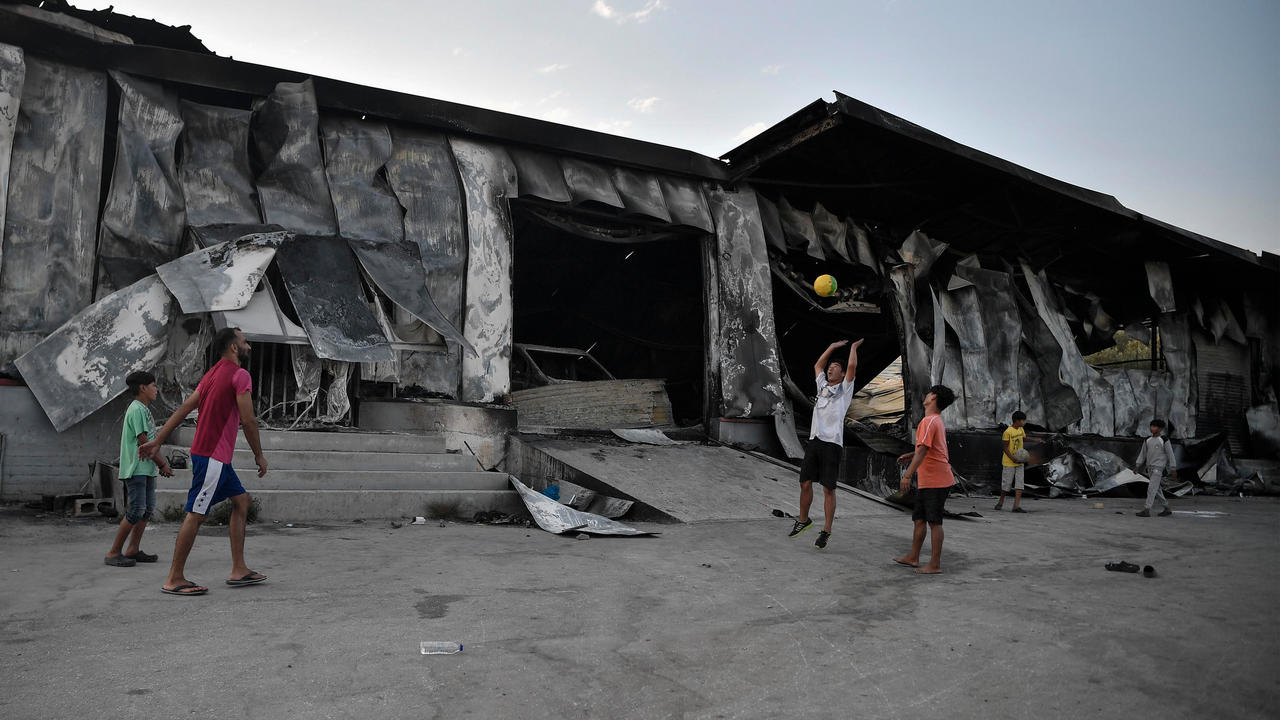Radioactivity Hike Seen in Northern Europe; Source Unknown

HELSINKI – Nordic authorities say they detected slightly increased levels of radioactivity in northern Europe this month that Dutch officials said might be from a source in western Russia and might “indicate damage to a fuel element in a nuclear power plant.”
But the Russian news agency Tass, citing a spokesman with the state nuclear power operator Rosenergoatom. said the two nuclear power plants in northwestern Russia hadn’t reported any problems.
The Leningrad plant near St. Petersburg and the Kola plant near the northern city of Murmansk “operate normally, with radiation levels being within the norm,” Tass said.
The Finnish, Norwegian and Swedish radiation and nuclear safety watchdogs said this week that they’d spotted small amounts of radioactive isotopes harmless to humans and the environment in parts of Finland, southern Scandinavia and the Arctic.
The Swedish Radiation Safety Authority said Tuesday that “it is not possible now to confirm what could be the source of the increased levels” of radioactivity or from where a cloud, or clouds, containing radioactive isotopes that has allegedly been blowing over the skies of northern Europe originated. The Swedish agency’s Finnish and Norwegian counterparts also haven’t speculated about a potential source.
‘Man-made’ isotopes
But the National Institute for Public Health and the Environment in the Netherlands said Friday that it had analyzed the Nordic data and “these calculations show that the radionuclides [radioactive isotopes] come from the direction of western Russia.”
“The radionuclides are artificial — that is to say, they are man-made. The composition of the nuclides may indicate damage to a fuel element in a nuclear power plant,” the Dutch agency said, adding that “a specific source location cannot be identified due to the limited number of measurements.”
Executive Secretary Lassina Zerbo of the Comprehensive Nuclear-Test-Ban Treaty Organization tweeted on Friday that the organization’s radiation-monitoring sensors in Sweden had detected a slight increase of several harmless isotopes in northwestern European airspace.
The unnamed Rosatomenergo spokesman told Tass on Saturday that radiation levels at the Leningrad and Kola power stations and their surrounding areas “have remained unchanged in June, and no changes are also observed at present.”
“Both stations are working in normal regime. There have been no complaints about the equipment’s work,” Tass quoted him as saying. “No incidents related to release of radionuclide outside containment structures have been reported.”
[contfnewc]
[contfnewc]
[contfnewc]
[contfnewc]
Read from source [contfnewc]
[contfnewc]
[contfnewc]
[contfnewc]


